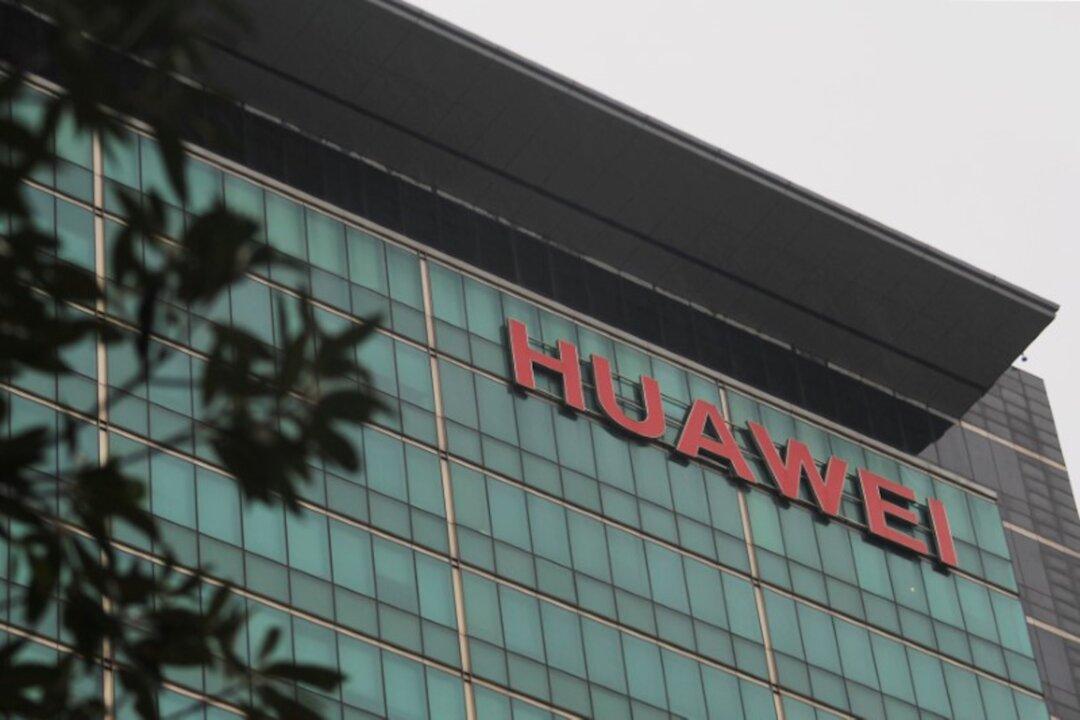The chief executive officer of embattled Chinese tech giant Huawei has been doing the media rounds recently in attempts to assuage concerns that the company’s technology can be used by Beijing for spying.
In interviews with Western media outlets the company’s founder Ren Zhengfei has repeatedly denied that the Chinese regime could have backdoor access to the Huawei’s technology to spy on people overseas. He told CBS News on Feb. 19 that there is no such law in China that mandates any company to install the “backdoor.”





